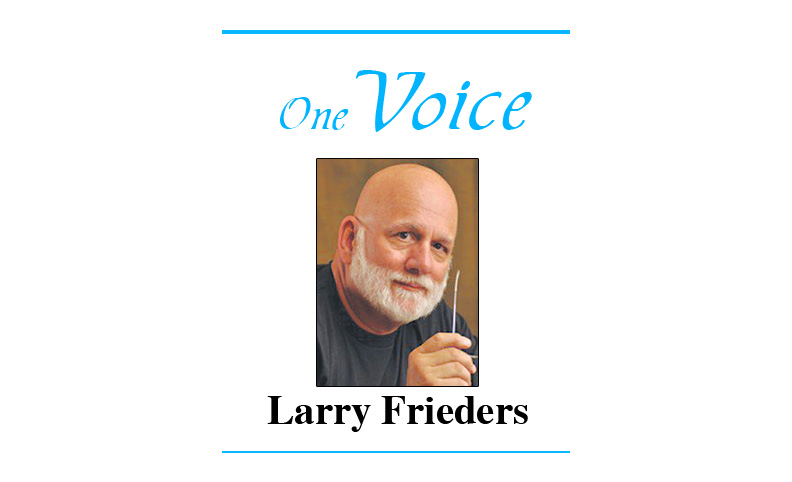
Linda has had painful feet for more than a decade. A clear diagnosis eluded her doctors for years. Fortunately, she had an appointment with an older doctor who actually had practiced for most of his career in the northern parts of Europe.
Rather than conducting a battery of tests, the new doctor actually talked to Linda to learn when the pain had started and when she experiences it the most. She reported she had an experience several years ago that perfectly matched what the doctor was suspecting. Linda was taking an outdoor photography class 15 years ago at Morton Arboretum in Lisle in late Winter. It was cold and damp and she was uncomfortable, but it wasn’t bad enough for her to leave the field to warm up.
Linda’s description was enough to help the doctor arrive at a diagnosis. Although none of the other doctors could pinpoint why Linda’s feet hurt so much, her new doctor quickly diagnosed chilblains, which was probably caused by excess exposure to weather conditions on the day of the photography class.
Treatment consisted of infrared heat lamp exposure a couple of times per week. The pain vanished and was kept at bay as long as the lamp treatments were continued. When the doctor retired from practice, Linda lost her treatment option and the pains returned. Massage treatments weren’t as helpful as the old heat lamp exposure.
Linda worked diligently to keep her feet warm, which mostly kept the pains at bay. Extra wool socks during the day, slippers at night, and even socks while in bed all were part of the routine. It was okay, but not great. When away from home the pain returned.
Linda overheard a conversation at her work about the battery-operated heated vests used by many who spend time outdoors in the cold weather: Sportsmen, construction workers, delivery people and so on. A quick internet search presented several brands of battery-operated vests which included a few links for socks that worked the same way. Maybe the battery-heated socks would help reduce Linda’s foot pain.
Linda purchased a pair of battery-powered socks and the pains are gone. She says that she’s “…happy to report that I made it through the first bout of cold weather chilblain [pain] free!”
How do heated socks reduce pain? Consider the cause of the pain. Chilblains (CHILL-blayns) are the painful inflammation of small blood vessels in the skin that occur in response to repeated exposure to cold, but not freezing temperatures. The cold damages the blood vessels and causes pain, which can be controlled, but not cured. Once the vessels are damaged it is unlikely they ever will completely heal.
Future exposure to cold triggers the underlying inflammation and the pain begins again. Heated socks relieve or prevent the inflammation and reduce the pain. No special treatments and no drugs needed.
Linda tells me it’s important to wear the heated socks when it could be cold. Their batteries are easy to disconnect so there’s no need to keep them heating all day.
Official treatments in modern medicine usually consist of drugs, surgery, or radiation. Simpler methods, such as warming the feet in this story aren’t considered and become lost instead of respected as a treatment and (shall I dare say it) a cure. Without use, they’re soon forgotten. Linda is delighted her last doctor didn’t forget how to treat a chronic pain condition called chilblains.
Larry Frieders is a pharmacist in Aurora who had a book published, The Undruggist: Book One, A Tale of Modern Apothecary and Wellness. He can be reached at thecompounder.com/ask-larry or www.facebook.com/thecompounder.

